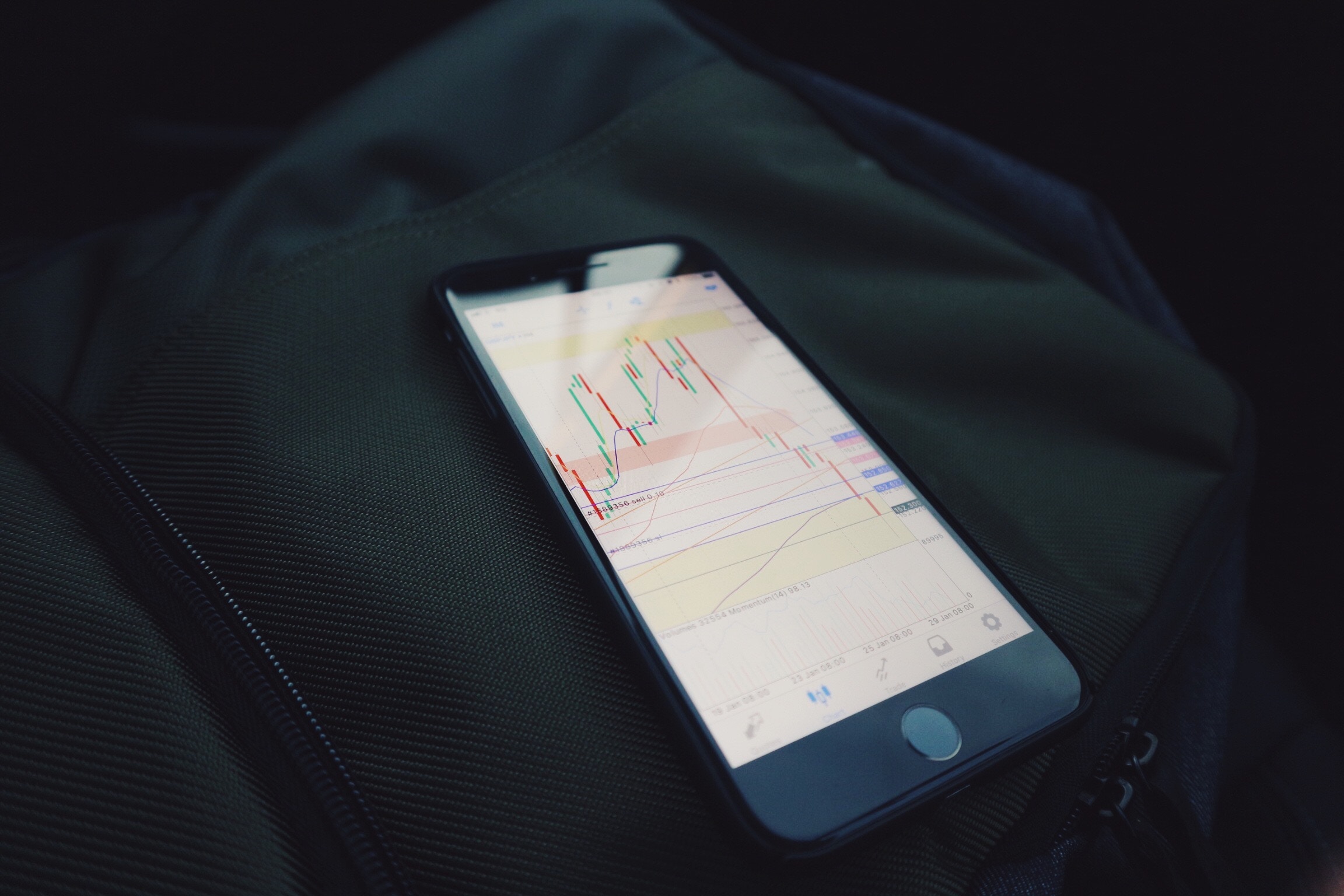Now it's official. Apple has admitted a decline in iPhone sales and revised its sales forecast for the Christmas quarter downwards.
Originally, total revenue for the first quarter was expected to be between 89 and 93 billion US dollars. On Wednesday evening, Apple lowered its forecast to 84 billion US dollars. Analysts' expectations were around 91 billion US dollars. Apple CEO Tim Cook justified the correction with poor iPhone sales in China, among other things. According to the statement, Apple had underestimated the economic slowdown.
"While we anticipated challenges in key emerging markets, we did not anticipate the extent of the economic downturn, particularly in China."
According to Cook, users in other markets have not switched to the new iPhone generation as expected.
The company did not want to specify which countries were involved. Apple shares lost over 7.5 percent after the market closed.
New iPhones heavily discounted
Apple launched a major advertising campaign in December, reducing the starting price of the Phone Xr and iPhone Xs by 270 euros - only for a limited time. The iPhone Xr is now available from 579 euros and the iPhone Xs from 879 euros. To benefit from this discount, the buyer must trade in an older iPhone. This campaign is not entirely unknown. Apple launched the same offer in early December with the help of TV campaigns in the USA. Such aggressive advertising around the globe is new for Apple.
Well-known analysts and market experts have interpreted this advertising offensive as confirmation of the suspicion that Apple is suffering from a major sales crisis.
Sales figures will remain confidential
When the last quarterly figures were published, the iGroup announced that it would no longer provide specific sales figures for individual products. The change will come into effect in the Christmas quarter. This step is unlikely to please analysts and investors in particular. Many competitors, such as Samsung, have been following this path for some time. The iGroup justifies the measure by saying that specific sales figures are not a good indicator of the success of Apple's business.




